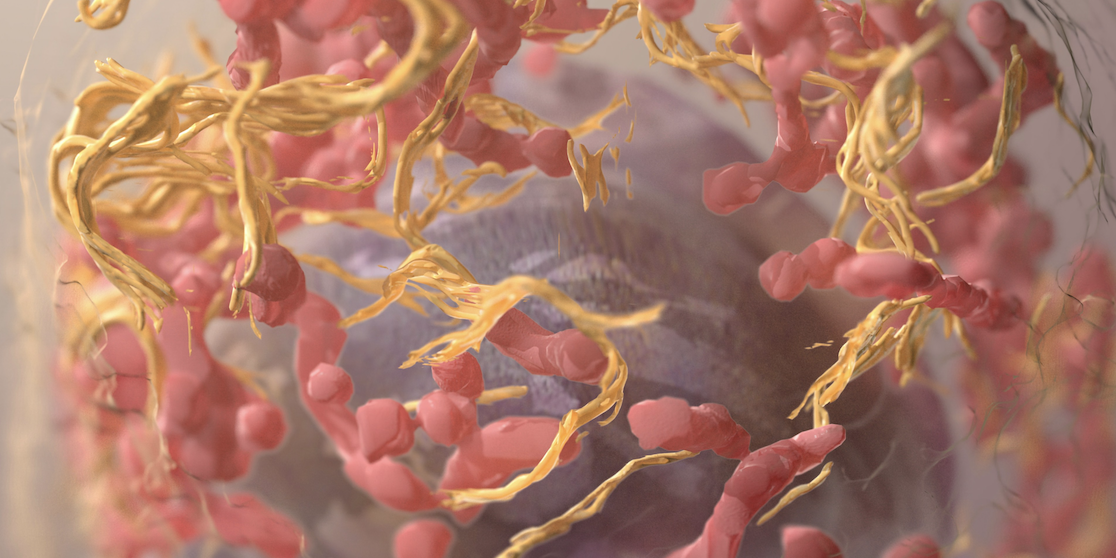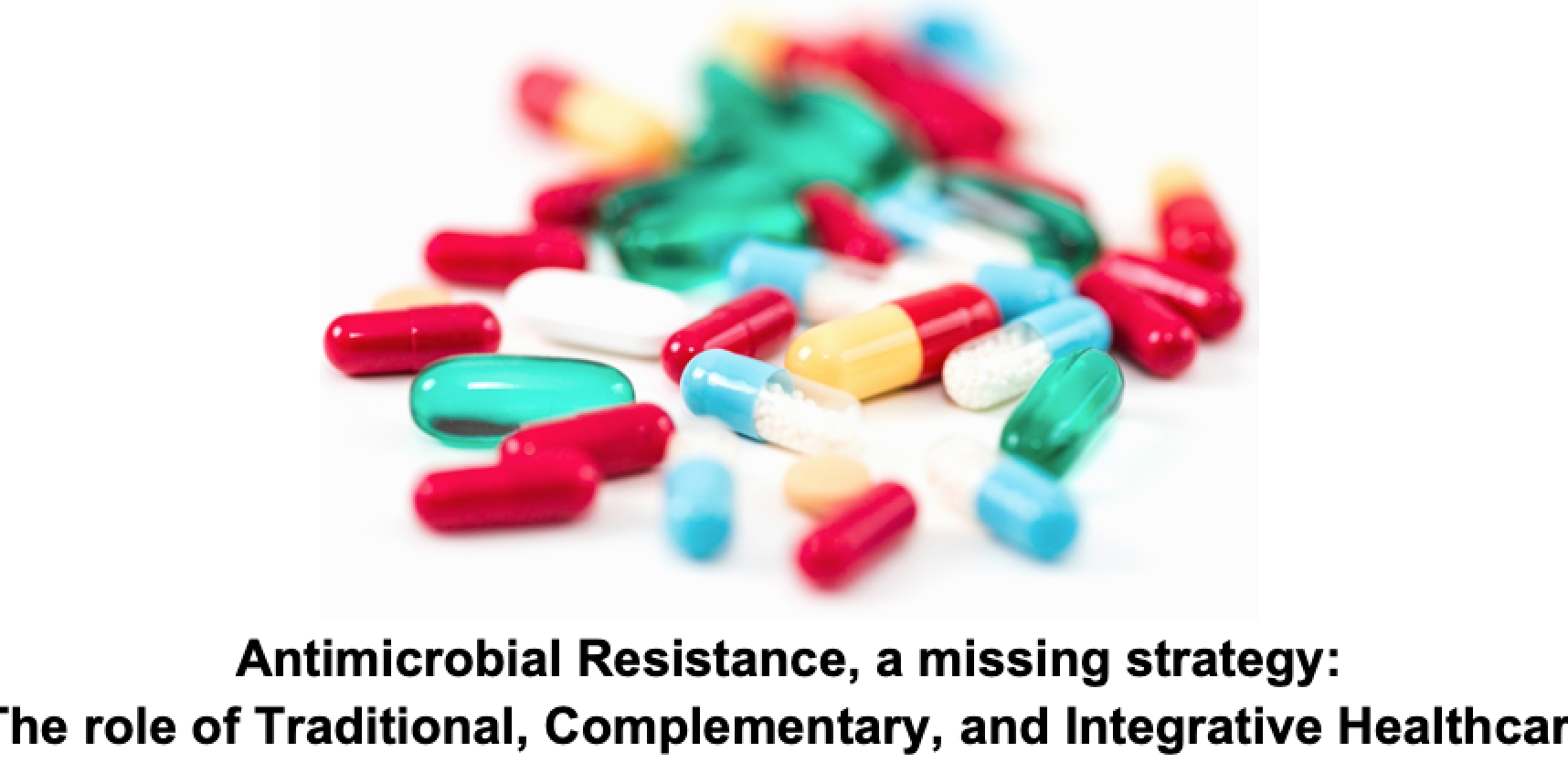The latest version of the Austrian government’s National Action Plan on Antimicrobial Resistance (NAP-AMR) confirms the potential of homeopathy and other complementary medicines in tackling antimicrobial resistance (AMR).
AMR has been identified as one of the greatest health threats worldwide. The World Health Organization (WHO), the Food and Agriculture Organization of the United Nations (FAO), the World Organization for Animal Health (OIE) and the United Nations Environment Program (UNEP), working jointly with the European Union, are using the “One Health” approach to introduce and intensify measures to reduce antibiotic resistance.
The current version of the Austrian plan was published on 25 March by the Bundesministerium Soziales, Gesundheit, Pflege und Konsumentenschutz (Ministry for social, health, care and consumer protection – BMSGPK). In line with the international organisations, it describes the projects and procedures planned in Austria to prevent infections and reduce the use of antibiotics in all areas. The One Health approach is inter-sectoral, and thus the plan includes measures in both human medical and veterinary fields of activity, agriculture, food production and the environment, as well as education with training, further education and training, science and research in all sectors. This holistic approach is deemed essential to sustainably reduce the development and spread of resistance, promote the quality of antimicrobial therapies and thus maintain the effectiveness of the existing antimicrobial substances, for the good of humans, animals and the environment.
The plan identifies a number of actions to reduce and optimise the use of antibiotics in animals. One such measure is to explore possible uses of complementary medical methods, such as homeopathy and phytotherapy, to maintain or restore animal health (see section 5.3.2). Such methods are suggested both as a supplement to conventional care and as prophylactic.
In this, the National Action Plan aligns with EU Regulation 2018/848 on organic production and labelling of organic products, in force since 17 June 2018. This puts importance on optimal use of antibiotics and requires the use of homeopathy and phytotherapy in organic farms in preference to treatment with chemically synthesised allopathic veterinary medicinal products, including antibiotics, provided that their therapeutic effect is effective for the species of animal and for the condition for which the treatment is intended. According to the Regulation, Integrative Medicine (conventional medicine supplemented by complementary medicine) should be given preference whenever possible. The use of conventional medicines including antibiotics is also permitted if necessary, to avoid animal suffering and must be administered under the responsibility of a vet, when treatment with phytotherapeutic, homeopathic and other remedies is inappropriate. Complementary medical methods can be in addition to conventional methods to keep the animals healthy.
Read the whole article on the website of ECHAMP (The European Coalition on Homeopathic & Anthroposophic Medicinal Products
Health news related to Complementary and Alternative Medicine
Do you want to stay informed about health news in relation to CAM?









